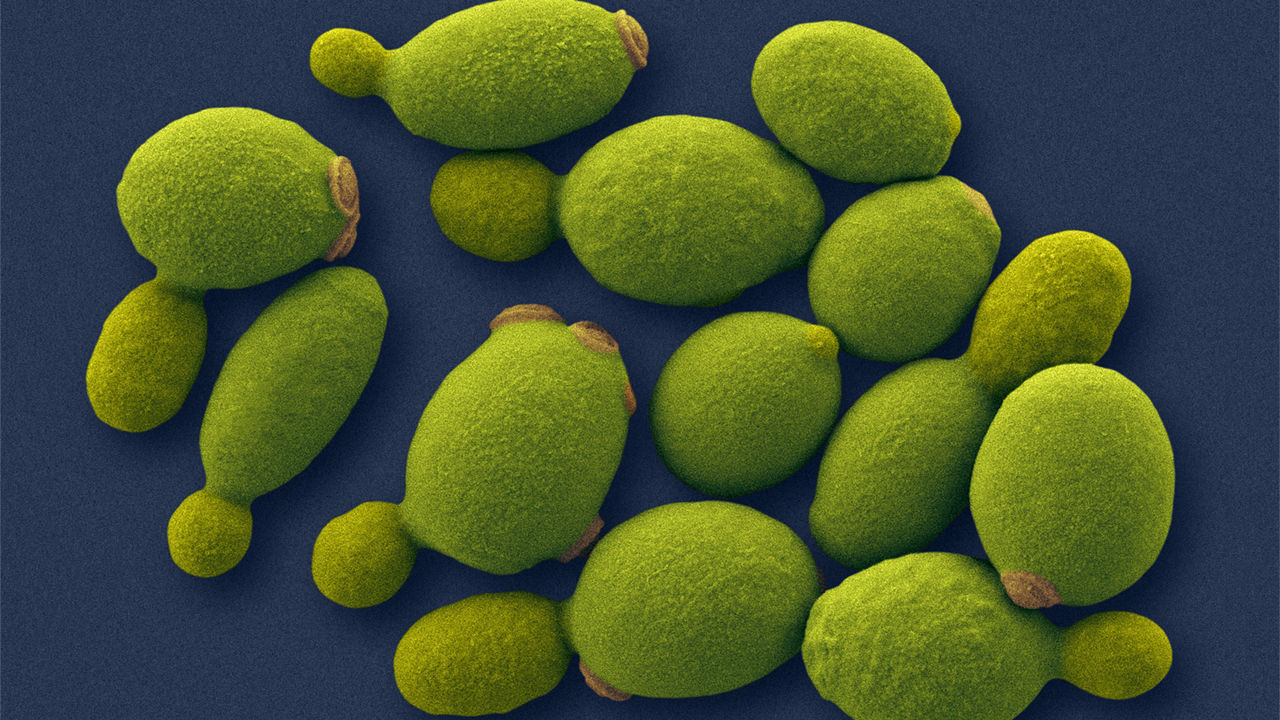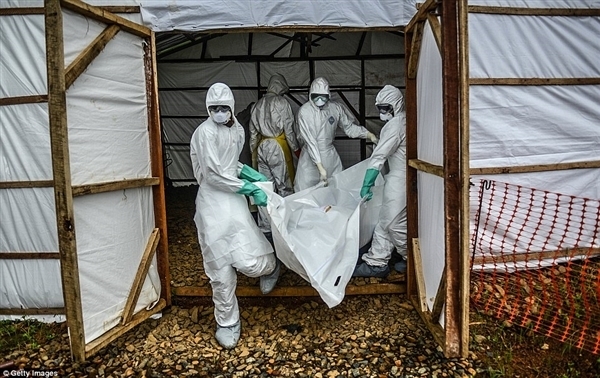
近日,会影响健康的肠道细菌家族又添新成员:真菌。加拿大英属哥伦比亚大学微生物学家Brett Finlay在近日举行的美国科学促进会年会的一场分会上提出相关解释。
到目前为止,人们对微生物基因序列研究主要集中于细菌领域。之前,Finlay及其同事就鉴别出4种细菌似乎能保护加拿大儿童免受哮喘病困扰。他们分析了319位儿童的肠道菌群,发现患哮喘的婴儿在生命的头100天里表现出了短暂的肠道微生物菌群失调。
其中,毛螺菌属、韦永氏球菌属、柔嫩梭菌属和罗氏菌属的细菌发生了明显变化。研究人员推测这些细菌通过推动肠道内免疫调节细胞水平塑造了人类初期免疫系统。
但当该研究组测序了100位厄瓜多尔儿童的肠道微生物后,发现最好的微生物哮喘预报器不是细菌,而是一种酵母——毕赤酵母属(如图)。据悉,这些儿童生活在埃斯梅拉达斯的乡村地区,哮喘患病率与加拿大类似。研究结果显示,排泄物中含有这种酵母的3月龄婴儿,到5岁时患哮喘的几率更高。
不过,这种酵母是如何提高哮喘患病率的目前尚不清楚,Finlay在会上表示,有可能是与细菌物种的相互作用影响了免疫系统。但这一发现督促人们不应忽视真菌的影响。“我想这可能提出了另一个复杂问题。”他说。
原文链接:
Yeast in the gut boosts asthma risk
原文摘要:
Add a new set of actors to the throng of gut microbes that influence health: fungi. So far, genetic sequencing of the microbiome has largely focused on bacteria, Brett Finlay, a microbiologist at the University of British Columbia in Vancouver, Canada, explained in a session here at the annual meeting of AAAS, which publishes Science. In 2015, Finlay and colleagues identified four bacteria that seemed to protect Canadian kids from developing asthma. They suspected that these bugs shaped the nascent immune system by bumping up levels of immune-modulating cells in the gut. But when the group sequenced the gut microbiome in a group of 100 children in Esmeraldas, Ecuador—a more rural setting, but with rates of asthma comparable to Canada’s—the best microbial predictor of asthma wasn’t a bacterium at all, but a genus of yeast known as Pichia (above). Three-month-olds who had it in their feces were more likely to develop asthma by the age of 5. How the yeast might boost asthma risk is far from clear—and it likely interacts with bacterial species to influence the immune system, Finlay says. But the find is new evidence that fungal organisms are not to be ignored. “The technology is there. We can do this now,” Finlay says. “And I think it’s going to open up another layer of complexity.”



